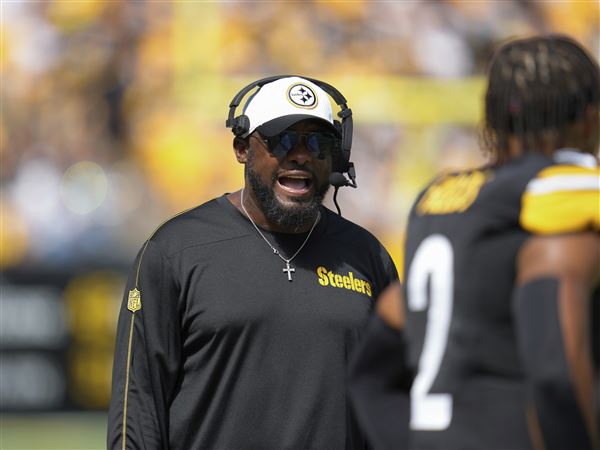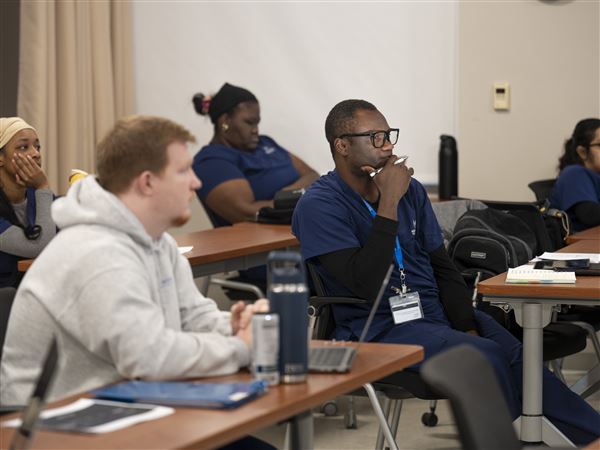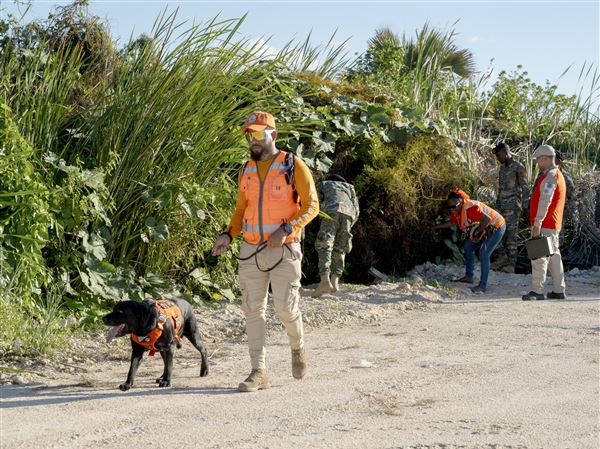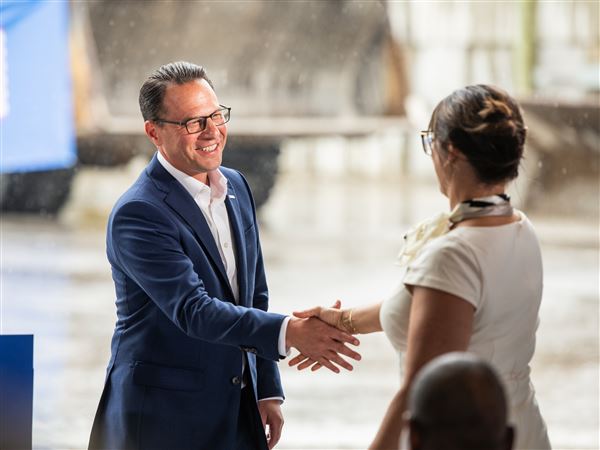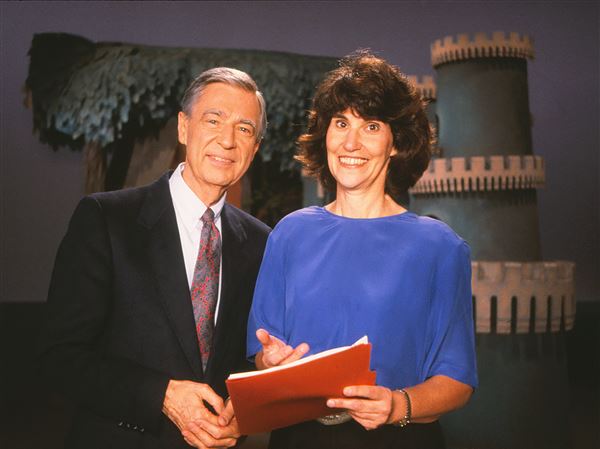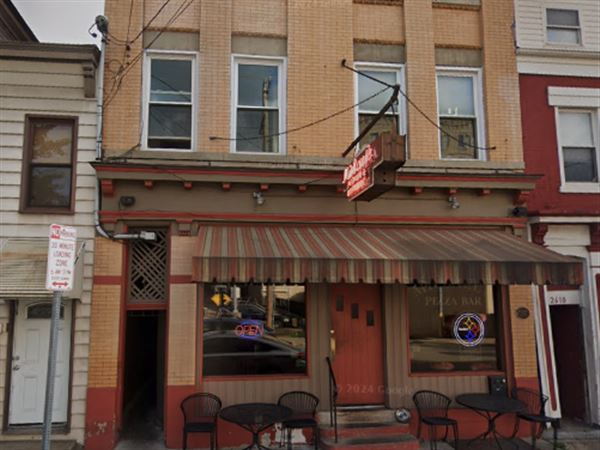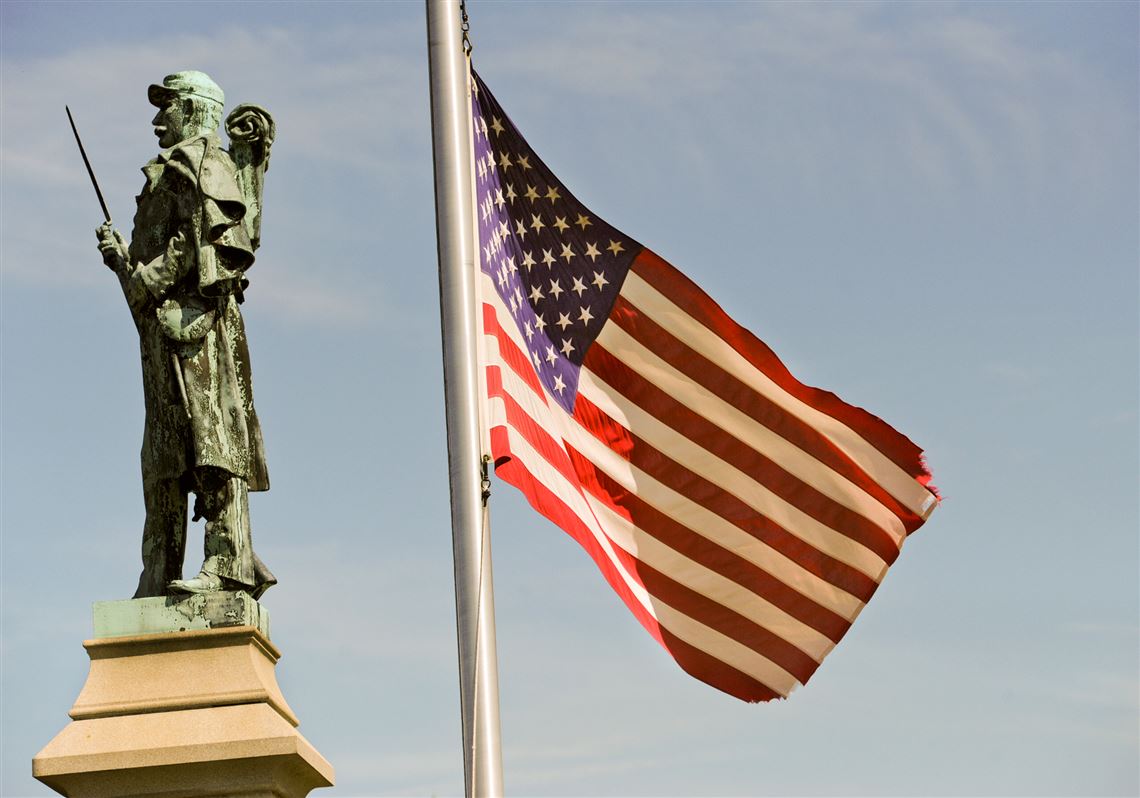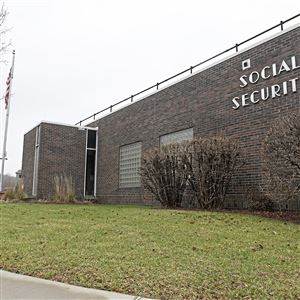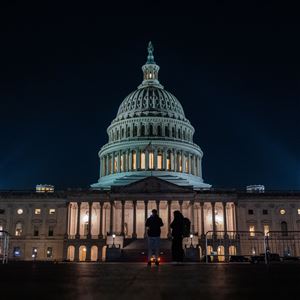All citizens have an obligation to do more than eat hot dogs and potato salad on Memorial Day, a sacred day.
We shall miss the parades and picnics and brass bands this year. They are splendid. They are the dividends of freedom. And they are positive celebrations of freedom.
But every one of us also has a duty to spend just a little time thinking about freedom itself today, and the cost of freedom for those who have died for our country. It is their day, and has been since 1868.
It is fitting to think of those who put their lives on the line but were lucky enough to come home, as well. Many of us know such people. Some of us have them in our families. We can never repay them. But we can honor them. Beyond the parades, how do we do that?
It used to be taught, in civics classes and introductory courses in American government, that liberty has two sides — negative and positive. That is, Americans enjoy the freedom to be left alone (what many of us might call privacy) and the freedom to kick up some dust — freedom of speech, association and dissent.
Most of us will never be political organizers or activists. But we reserve the right to say to the government: Not your call. What the citizen looks at on his computer or does with her body is primarily his or her business, not the state’s.
But both forms of freedom derive from the greatest freedom of all — freedom of thought. Americans have the right to form their own thoughts on everything from God to global warming to the minimum wage.
The more we gather information and the more we listen, the more textured and worthy our thought should be. But our God-given and constitutional freedom to think, in itself, implies no legal or formal duty to make our thought intelligent, refined or, if you will, “correct.”
The obligation to use the gift of free thought well derives from only one thing — gratitude: We owe those who have sacrificed for this country some degree of sobriety in our thought and speech. We owe them the deliberate exercise of our citizenship.
If you ever feel our nation is in decline, go to a naturalization ceremony. Meet some new citizens of the United States of America. And listen to them tick off the Bill of Rights or the provisions of the 14th Amendment, or recite the first lines of the Declaration of Independence.
The people who have had to fight to get into this country and become citizens, like the people who fought to protect our country, know what freedom is. And they regard it as a precious gift, just as a thirsty person is grateful for water or a weary traveler gives thanks for shelter.
Those of us who have always had freedom need to relearn appreciation for it, and use it with deliberation and care. This is how we honor those who gave their all for it.
We should practice this gratitude with reverence for our country, its founding documents and creeds, and its natural resources. We should respect its institutions, if not always those who man them. And we should serve the country in whatever ways we can, as those who came before us did. Our debt to them is incalculable and eternal.
First Published: May 25, 2020, 10:00 a.m.
